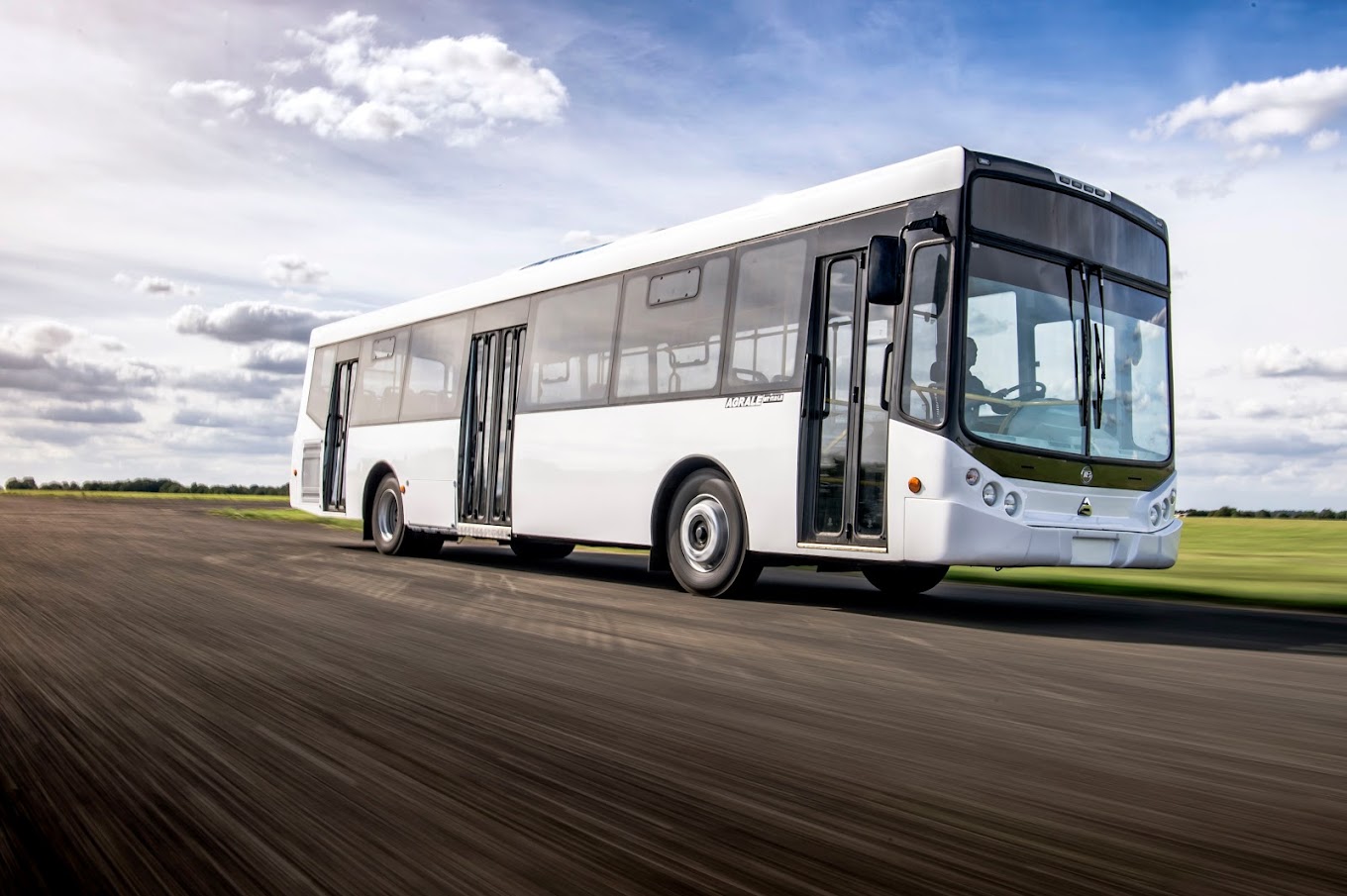Norfolk-based engineering specialist Equipmake (EQIP) has won a £1.475 million contract with Newport Transport to repower eight double decker buses using its integrated zero emission drivetrain system. The buses will be used on school and city services throughout the Newport area in South Wales.
The first repowered bus is scheduled to be in service early in 2024, with all eight vehicles expected to be delivered and revenue recognized within the current financial year. The contract will involve converting five diesel ADL E400s and three hybrid Volvo B5LHs into fully electric buses, utilizing Equipmake's state-of-the-art battery, motor, inverter, and control system.
Each repowered bus will be equipped with a battery system tailored to its needs. The B5LH vehicles will feature a 218kWh battery system, providing a daily range of approximately 90 miles suitable for school routes. On the other hand, the E400s will be powered by a larger 382kWh battery system, offering a range of around 150 miles, suitable for a combination of school and city routes.
Apart from the immediate benefits of electrification, the conversion will also lead to significant environmental advantages. Each repowered bus is estimated to save around 90 tonnes of embedded CO2 compared to a newly manufactured electric double decker bus, amounting to a total of approximately 720 tonnes of CO2 saved across the fleet.
View from Vox
The contract with Newport Transport highlights the increasing demand for electrification in commercial vehicles, and the attractiveness of Equipmake’s approach which retrofits existing existing vehicles including buses, coaches, and emergency vehicles with EV drivetrains.
Converting highly polluting diesel fleets is likely to gather pace in the coming years, and repowering existing commercial vehicles is a cost-effective way of helping bus operators meet Net Zero targets. Equipmake estimates that a repower costs less than half the price of ordering a new electric bus or coach and can keep perfectly usable chassis on the road for longer – most coaches remain in service for 25 years or more.
Reflecting rising demand, the company expanded its workforce from 73 to 94 over the year and took on a 50,000 sq. m lease on a new production facility.

